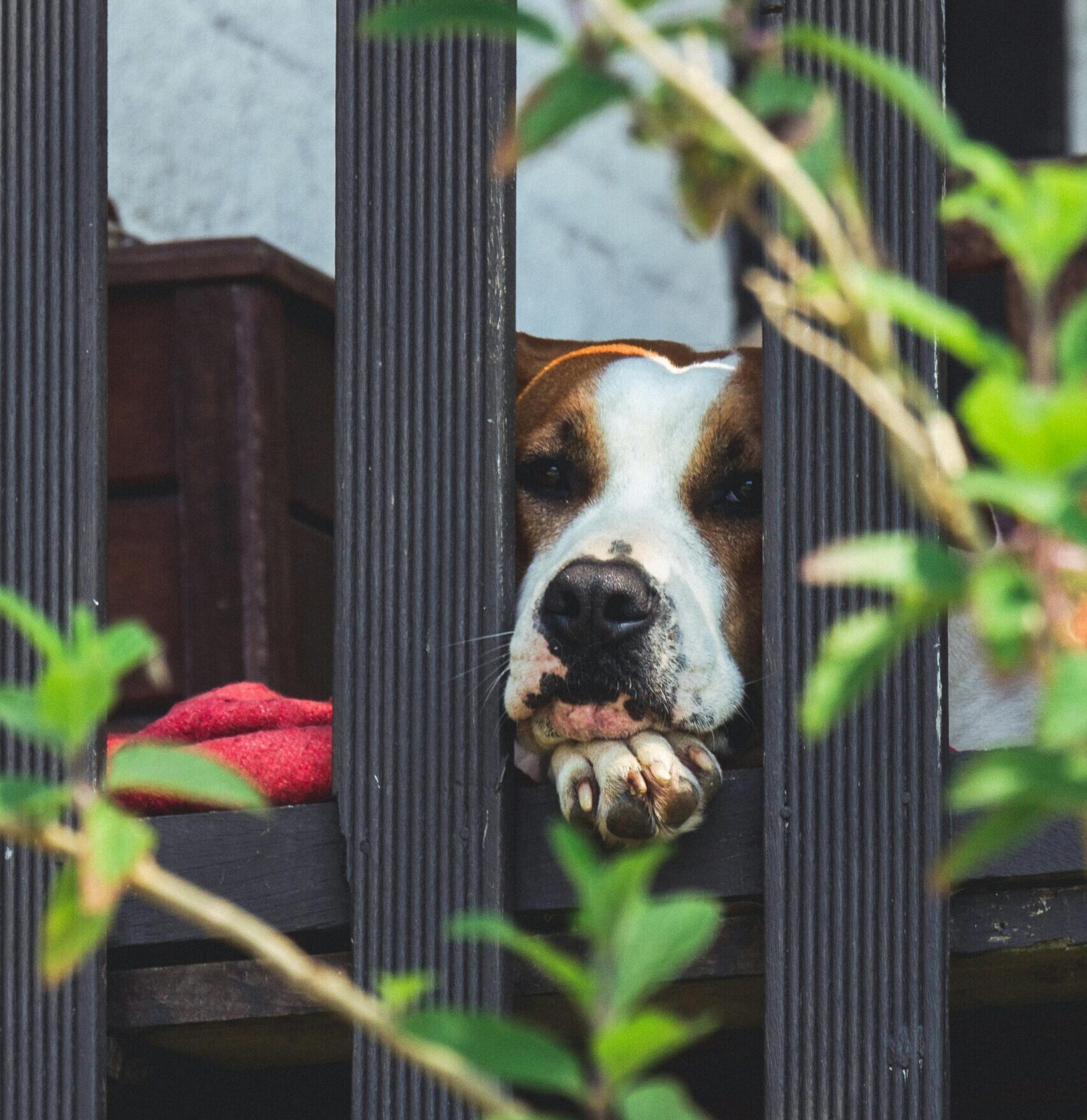our blogs
Current Post

Grief with Pet Loss
Melinda Toth, LPCC-S
Counselor, Insight Clinical Counseling and Wellness, LLC
The grief that comes with losing a pet can be as intense as losing a human being in our life. Losing our fur babies to old age, sudden unexplainable death, a pet running away, or death from medical issues can bring on a grief response – whether it be mild, moderate, or severe grief. I have recently lost one of my fur babies to medical issues. What I have been experiencing may be different from yours; however, this post is to provide information on what grief is in losing a pet, common experiences, and normalizing that it is okay to grieve your pet.
Similar to typical stages of grief, when losing a pet, you may experience denial, anger, sadness, bargaining, and acceptance. Every death is going to be different just like every attachment you have with a living being is different. I have experienced pet loss throughout my life and am currently experiencing my most recent loss. As I reflect on each experience and gather information from family and friends in their experiences, I noticed how different everyone’s reactions were/are. The loss of my childhood cats – I noticed I felt sad briefly, but my attachment to them was different than the attachment some of my family members had. Some members experienced the grief of those pets more severely than I. Due to the variable factors of grief, it is important that we show compassion to those who have experienced pet loss no matter if it is mild or severe. Common questions people ask when a person loses their pet are “when are you going to get another one?” or “what are you going to get next?” or “It can’t be that bad, it was just a dog/cat right?” We wouldn’t ask that about human life loss so why are we doing this for pet loss? If you have received those questions, like many have, you are not obligated to respond. You have the permission to grieve the loss of your pet. Give yourself the time to process and grieve without responding to the ‘obligation’ of others’ questions.
I had to make the decision to euthanize one of my fur babies due to severe medical complications that were out of my control. I had a strong attachment to him, and this experience has been much different for me than my other losses. I notice that I will be negative towards myself over ‘the things I could have done differently,’ I notice that making the call for euthanasia is a huge burden to take on, and I notice moments where I have more anxiety surrounding my living pets’ health. Most of all, I notice that grief comes in waves for me, there will be moments of sadness, laughter, regret/remorse, and even moments of relief, knowing my pet isn’t suffering from his medical ailments anymore. When I notice he isn’t waiting for me to come home or how I notice the sounds of his pitter patters throughout the house are not there anymore; those emotions and thoughts come and go. We cannot control the emotions that come up with our grief, but we can control what we do with those emotions.
In coping when some of those negative thoughts come up about myself and my pet, I will work on challenging them in the moment, so instead of saying “I was a horrible pet parent”, I challenge it at looking at the facts, “I did everything within my means to help my pet when he was sick”, “I provided a home for my pet where he could experience love and safety.“ If there are times I question myself and cannot challenge those thoughts, I reach out to support to have them talk me through it, or have them point out the facts that I may not be able to see at the time. I express my grief in my own personal counseling sessions to process my experience. I give myself permission to talk about my pet and be sad while I do it. The fact of the matter is that I am grieving and there is no timeline.
Three points to note in coping is, give grace to self, seek support, and engage in self-care. There are resources for pet grief such as The Association for Pet Loss and Bereavement: https://www.aplb.org/support/
If you are looking for more resources on grief please check out some of our other great grief posts in the blog section of the Insight Clinical Counseling website or speak with a counselor about your loss – to set up your first appointment call: 330-397-6007.
Cite: Predictors of owner response to companion animal death in 177 clients from 14 practices in Ontario (2000) Cindy L. Adams PhD, MSW, Brenda N. Bonnett PhD, DVM, and Alan H. Meek PhD, DVM https://pubmed.ncbi.nlm.nih.gov/11061379/
Latest Posts

What is OCD and How Do We Treat It?
When we hear that someone has an obsessive-compulsive disorder (OCD) diagnosis, we often think this means they are very clean and like to wash their hands! Although these symptoms can be true for some individuals experiencing OCD, this is also a very limited perspective. First, let’s break this down by getting into the obsessions, then the compulsions, how they work together and lastly, what OCD treatment looks like.

Coercive Control: The Hidden Domestic Violence
When most people hear about intimate partner violence (IPV), thoughts of physical abuse usually come to mind. However, another insidious form of abuse, coercive control, is often overlooked since the scars are not always visible. Some coercive controllers are physically violent, while others are not.

You Don’t Have to be a Monk to ‘Meditate’
So many of my clients have shared with me that meditation (mindfulness) coping skills ‘Don’t work for me!’ or ‘They make my anxiety worse!’ or ‘I could never sit and think about nothing!’ Maybe you can relate? For most of us, when we think of meditating, we think of a monk sitting cross legged on the floor experiencing a state of quiet and focus. Honestly, that’s what comes to my mind too.
Our Locations
Request Appointment
Contact

Copyright © 2025 Insight Clinical Counseling & Wellness, LLC. All Rights Reserved.

Our Locations
follow us
Instagram
Facebook
LinkedIn
